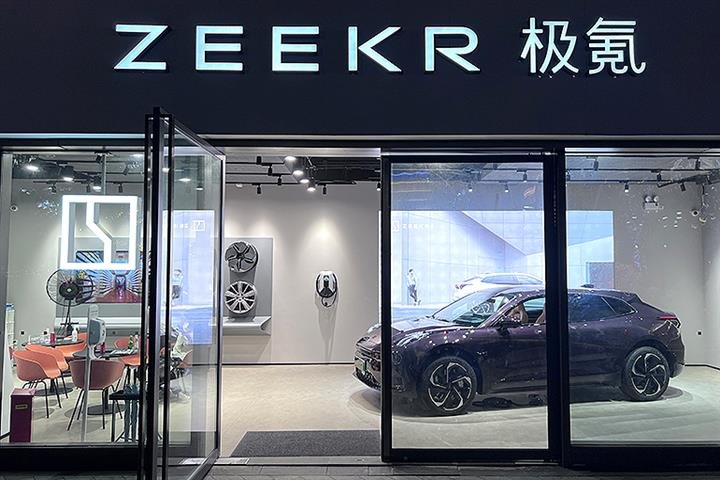
After a months-long makeover this year at a car dealership on the outskirts of Shanghai, the models of Japanese luxury marque Infiniti, part of Nissan, are gone from the forecourt.
Taking their place inside a sleek new showroom are sedans and sport utility vehicles produced by Zeekr, a premium electric vehicle sub-brand of Chinese carmaking conglomerate Geely.
The new Shanghai outlet is the second to be converted into a “Zeekr House” in the past year by Yongda Auto, China’s fourth-largest dealer chain by revenue. The other facility, located in the eastern city of Changzhou, previously distributed cars under the Roewe brand created in 2006 from the ruins of British carmaker MG Rover.
Yongda provides an on-the-forecourt example of the effects of China’s pivot from petrol-powered cars to greener vehicles. Chinese car dealers are ditching foreign brands slow to respond to the electric transition, while turning to homegrown EV makers that have been gobbling up market share at a blistering pace. Dealers are also adjusting to new ways of selling such vehicles.
“Profitability and sales figures of [Infiniti and Roewe] are declining annually,” said Sun Tianya, general manager of Yongda’s EV unit. “We’re closing down those lossmaking dealerships and quickly transforming them into [outlets for] EV brands we deem promising.”
The company had terminated business with several internal combustion engine-focused mid-range foreign brands, including Chevrolet, he added.
Haipeng Group, a regional dealer chain headquartered in the eastern province of Jiangsu, moved earlier than Yongda. It has been revamping its brand portfolio since 2021, shortly after the market penetration rate of EVs and plug-in hybrids in China surpassed 5 per cent.
Read the full story at China’s dealers ditch foreign-branded petrol cars for homegrown EVs (ft.com)